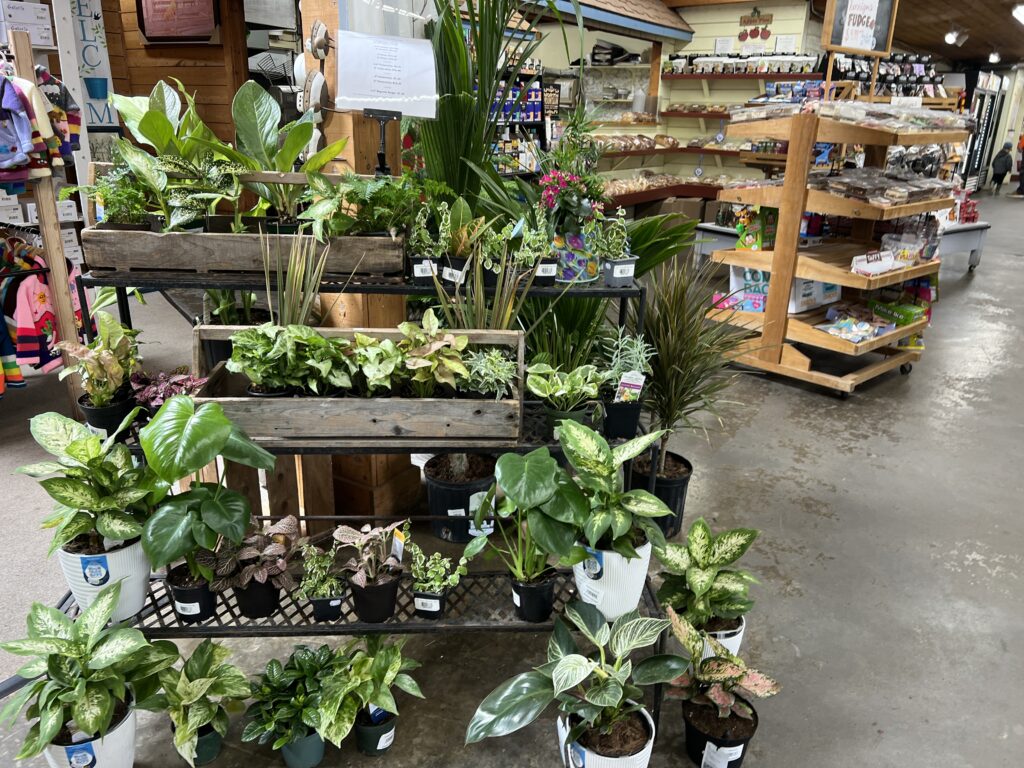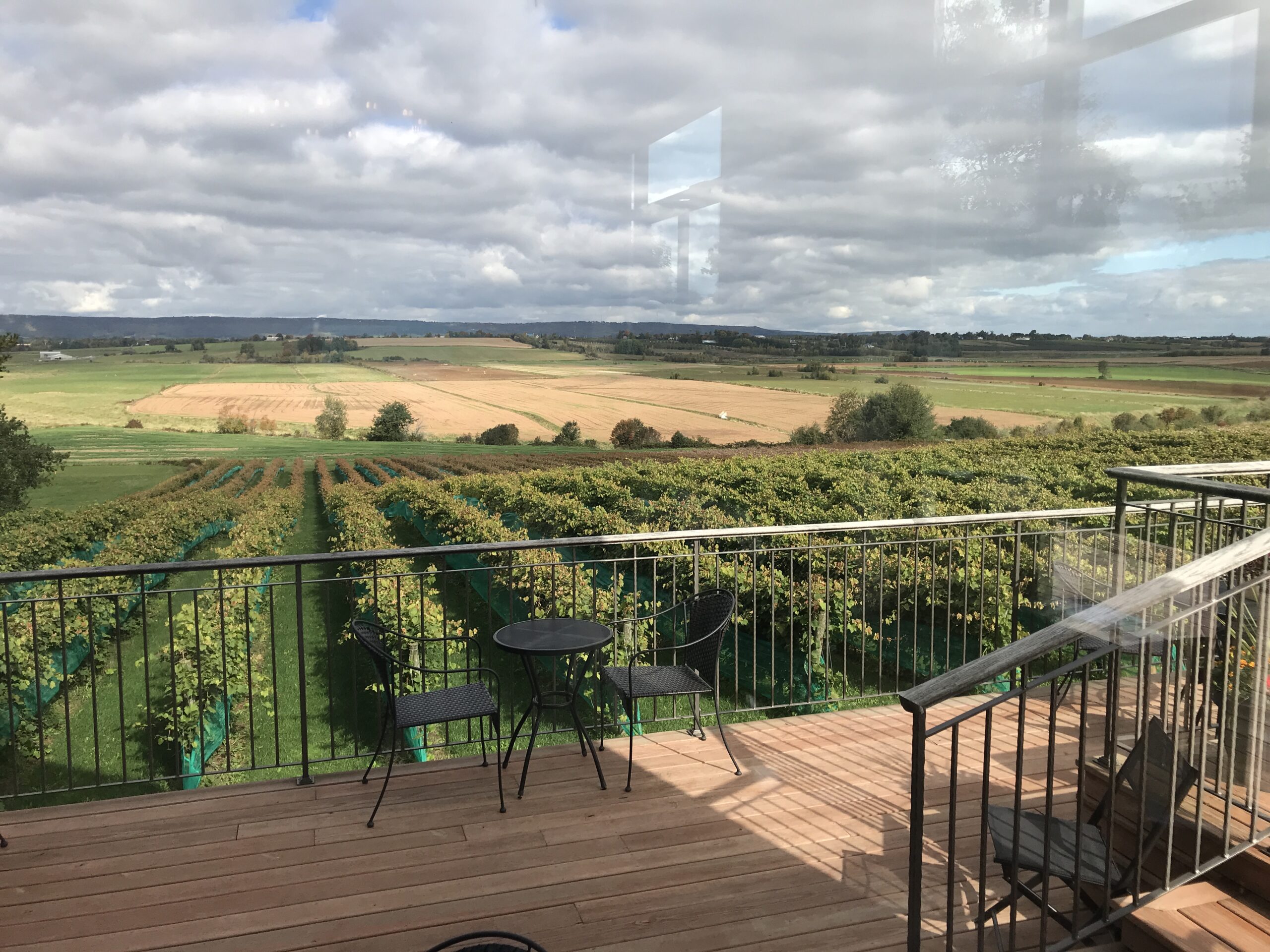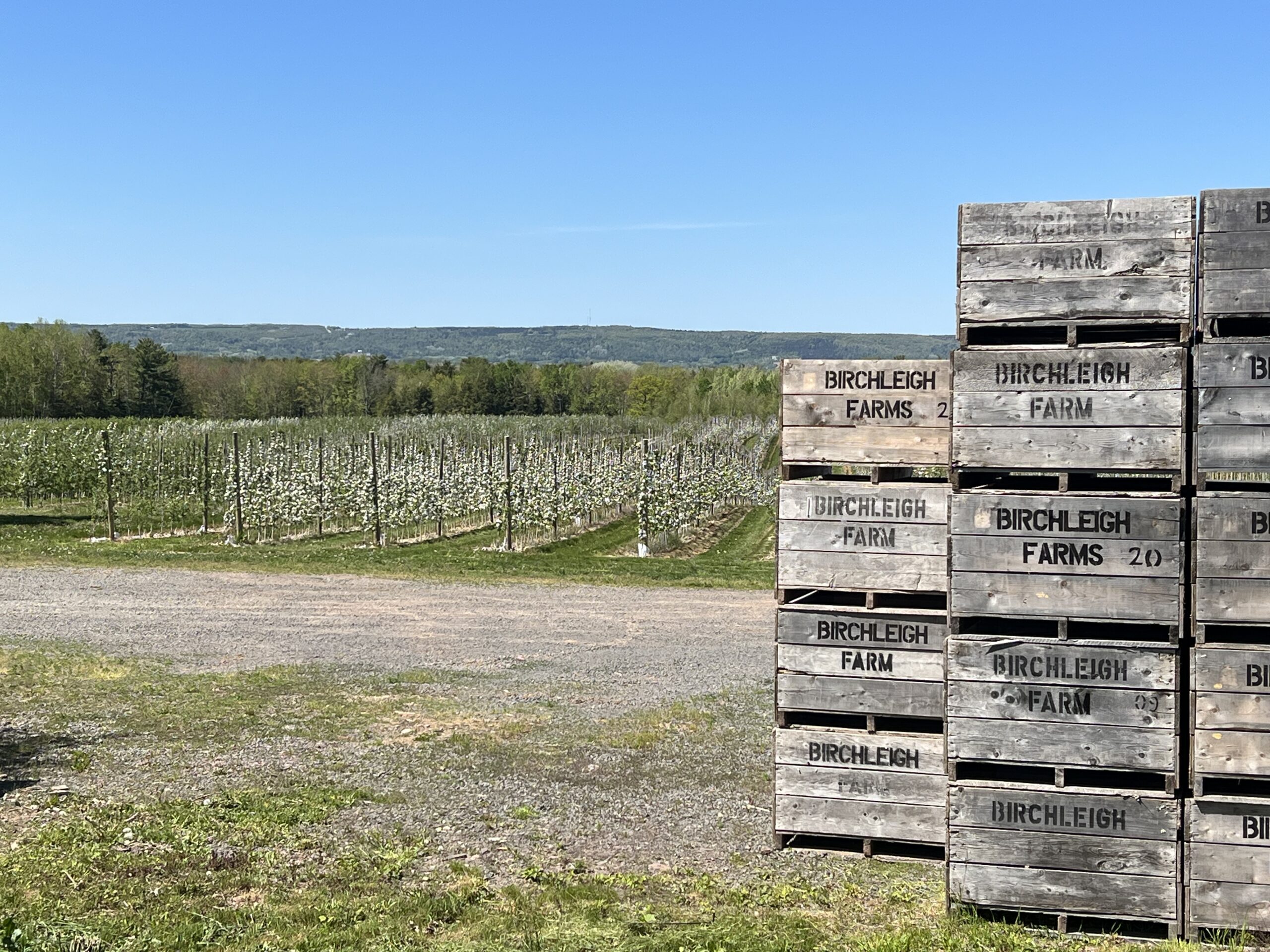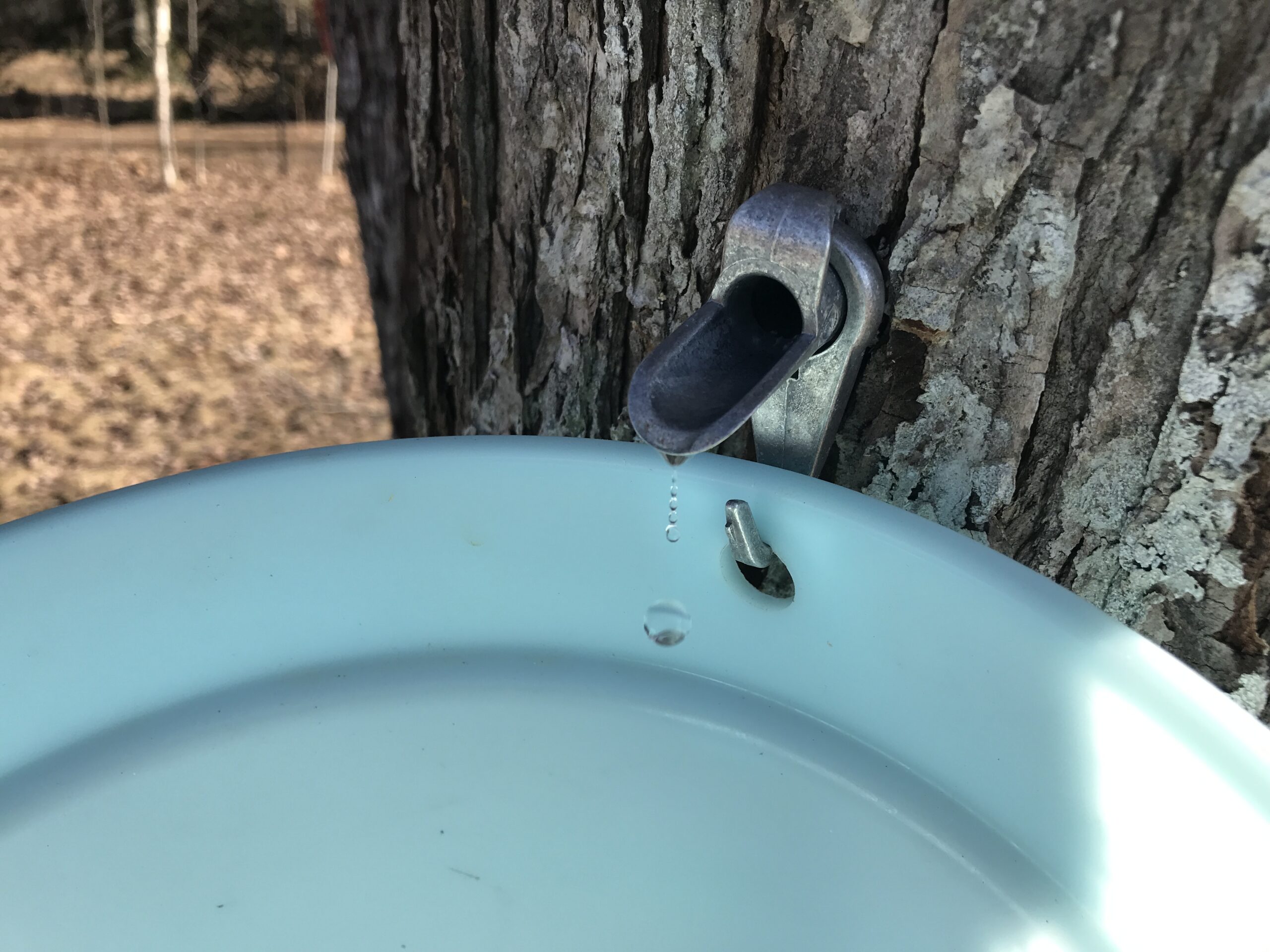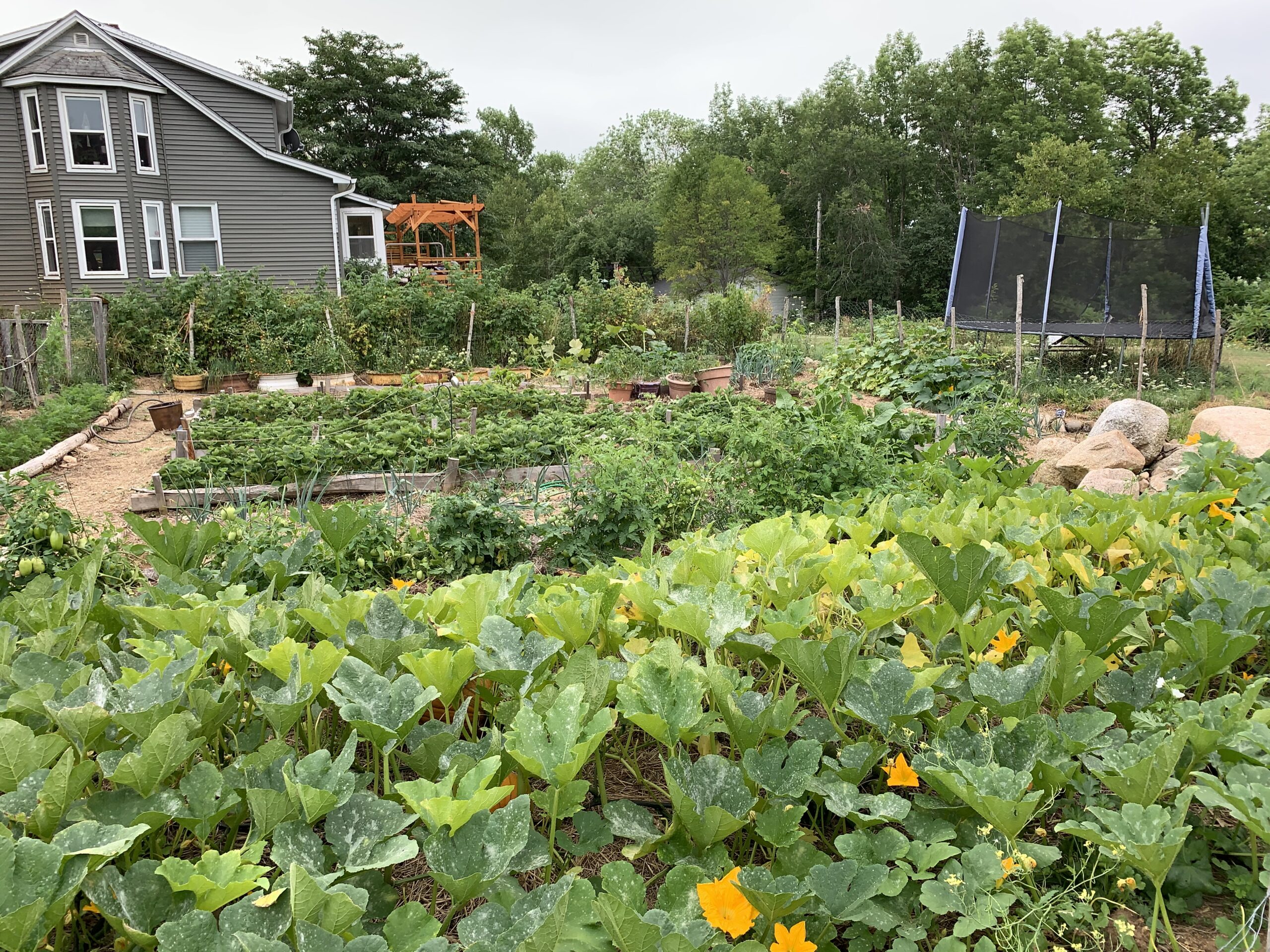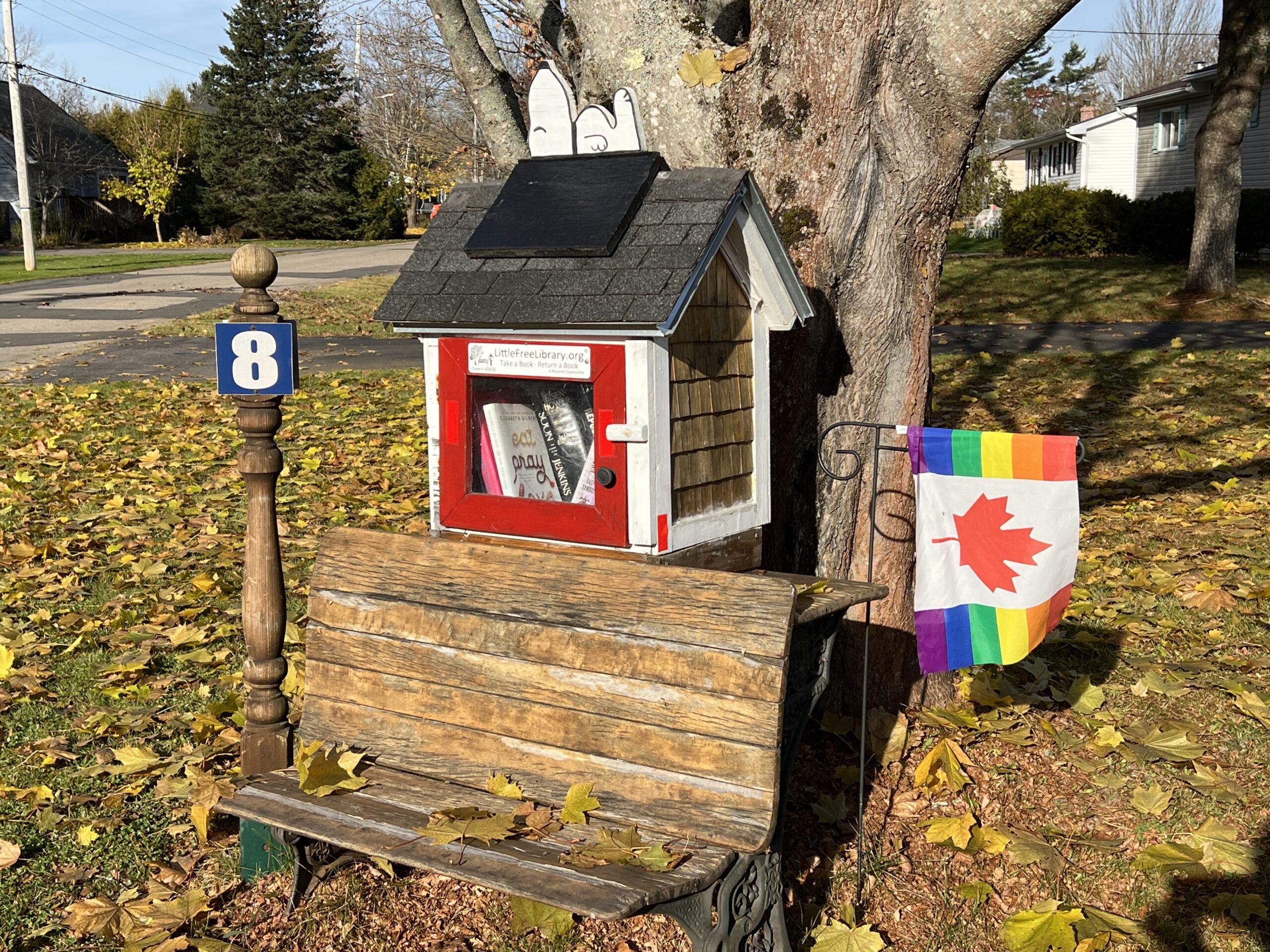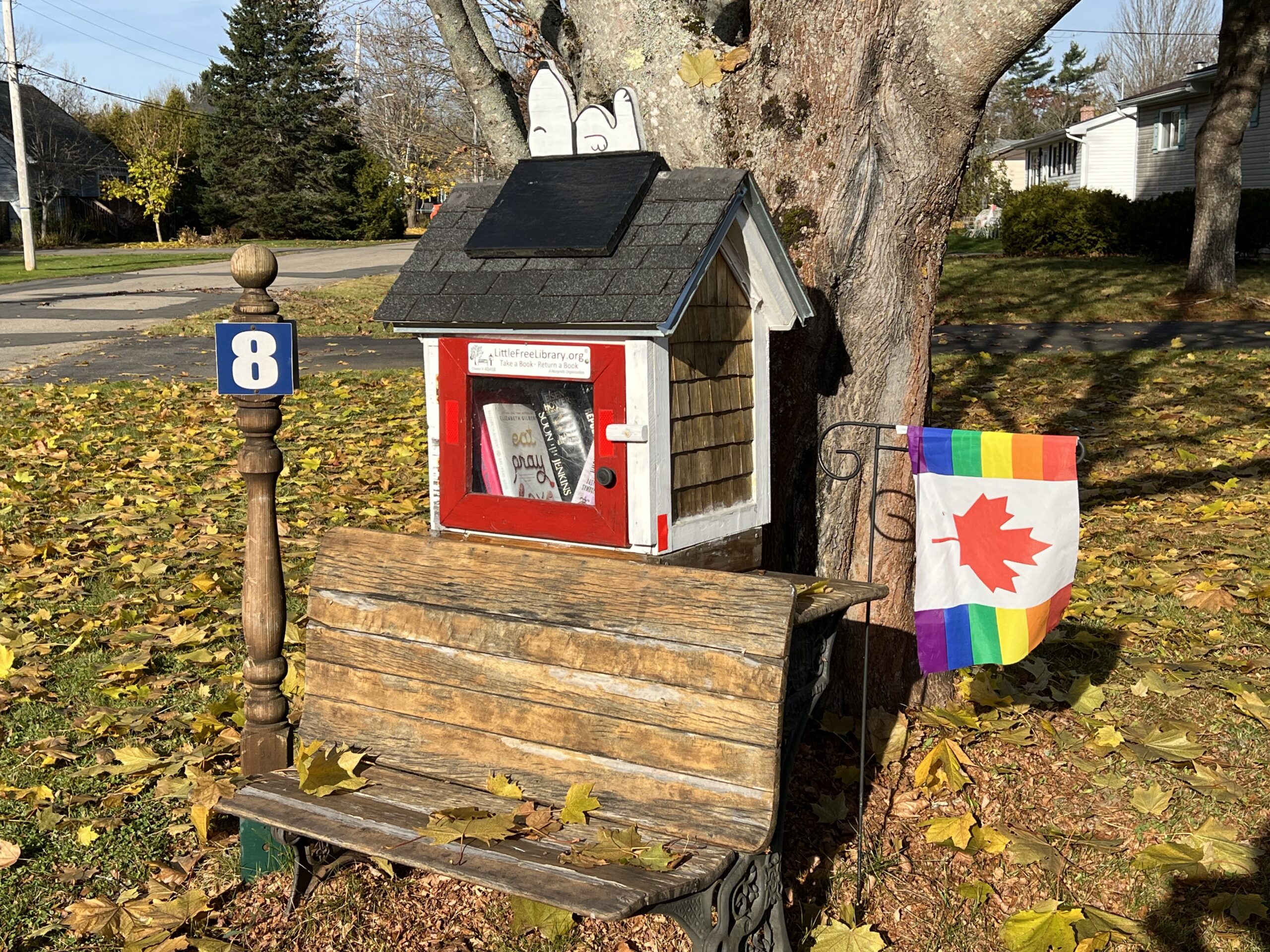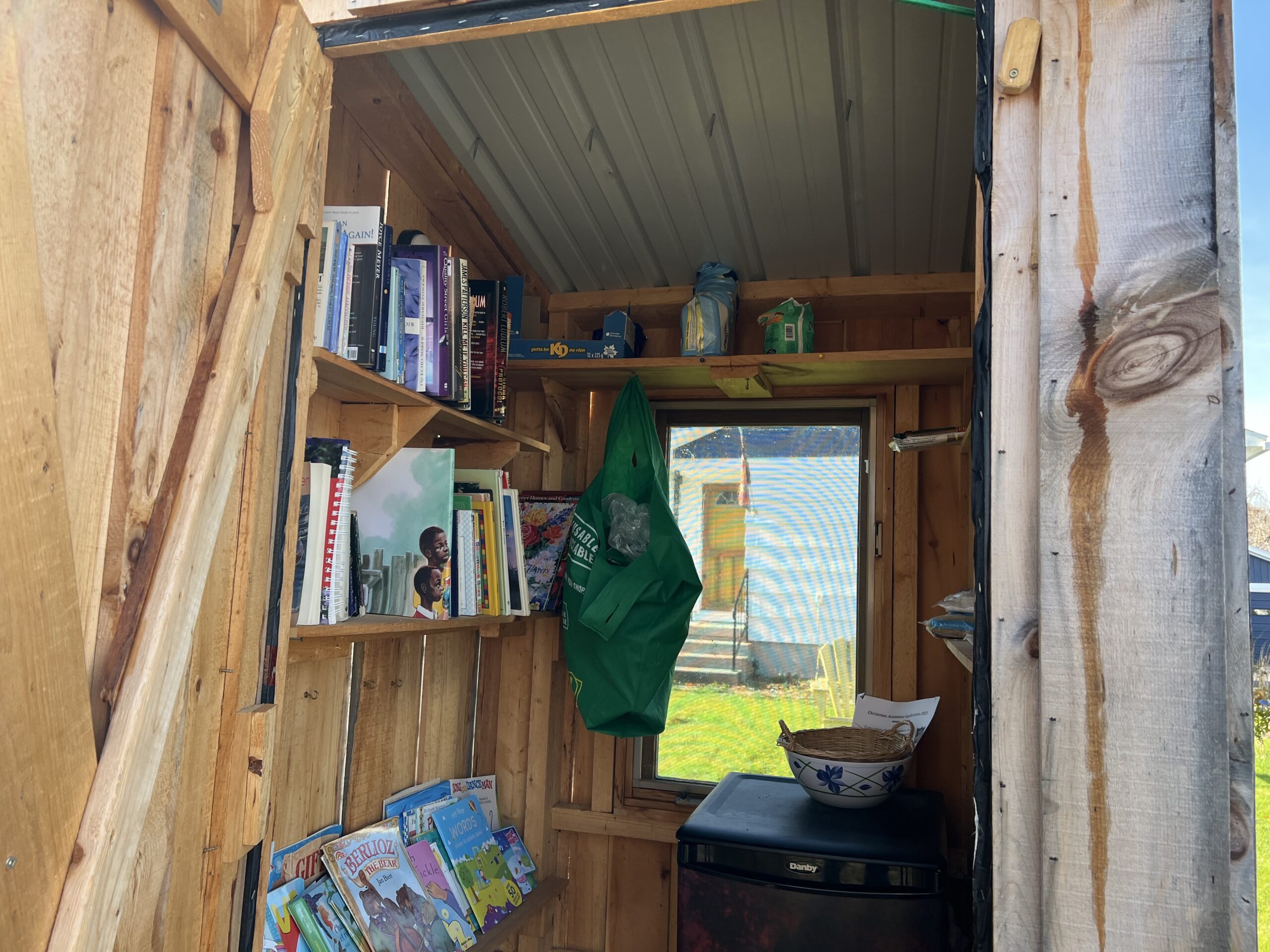Visiting holiday craft markets in the Annapolis Valley is a great way to begin feeling the festive spirit. These markets offer a unique opportunity to shop for one-of-a-kind, handcrafted gifts while supporting local artisans and businesses.
From tiny events in small schools to large, multi-day events, you’ll find handmade decorations, delectable treats, and incredible artisan craftsmanship at these shows.
If you’d like to add your craft fair to this list, please email me at keith@keithkucharski.com.
Harvest Craft Fair (over 170 tables!)
Saturday, October 19, 9am to 3pm
Horton High School, Greenwich
Fall into Christmas Craft Fair
Saturday, October 19, 10am to 4pm
948 Highway 1, Deep Brook
Youth Makers Fall Market
Saturday, October 19, 10am to 2pm
South Berwick Community Hall, 4518 Highway 1, South Berwick
Acadian Teas Holiday Market
Saturday October 26, 10am to 2pm
Upper Clements Hall, 2951 Highway 1, Upper Clements
Christmas In The Country
Saturday, November 2, 10am to 3pm
1582 Black Rock Road, Waterville
Christmas Craft Sale
Saturday, November 2, 9am to 2pm
4404 Black Rock Road, Waterville
Christmas on the Sissiboo Craft Market
Saturday, November 2, 10am to 3pm
4079 Evangeline Trail Weymouth NS, Weymouth
Craft Fair
Saturday, November 2, 9am to 1pm
Falmouth Community Hall, 147 Falmouth Back Road, Windsor
Berwick School Craft Fair
Saturday, November 2, 10am to 3pm
Berwick Elementary School
Kingston Lion’s Club Christmas Craft Fair
November 2 & 3, 10am to 4pm
Kingston Lion’s Hall, 1482 Veterans Lane, Kingston
Lunn’s Mill Crafty Craft & Collectibles Show
Sunday, November 3, 10:30am to 2:30pm
515 Carleton Road, Lawrencetown, NS
Include Me! Annapolis Valley Craft Fair
Sunday, November 3, 10am to 3pm
Berwick Lions Cub, 250 Veterans Drive, Berwick
Christmas at the Vineyard
Sunday, November 3, 11:00am to 4:00pm
Beaver Creek Vineyard
496 Carleton Rd, Lawrencetown Village
Christmas in the Apple Capital / The Mom Market
Saturday, November 9, 11am to 3pm
Berwick Fire Department 296 Commercial St, Berwick
Christmas Craft Fair
Saturday, November 9, 10am to 2pm
Berwick Town Hall Gym, Berwick
Port Williams Local Vendor Fair
Saturday, November 9, 10am to 3pm
Port Williams Community Centre
Lake Paul and Lake George Craft Sale
Saturday, November 9, 10am to 3pm
Lake Paul and Lake George Community Centre, Aylesford
Handmade Haven Holiday Craft Fair
Saturday, November 9, 10am to 2pm
Coldbrook Lions Hall, 6667 HWY-1, Kings
Village of New Minas Holiday Craft Fair
Sunday, November 10, 10am to 3pm
Louis Millet Community Centre, New Minas
Acadia Christmas Craft Expo
November 15, 16, 17
550 Main Street, Wolfville
14 Wing Craft & Vendor Sale
Saturday, November 16, 10am – 2pm
Greenwood Community Centre, Building 110, Church Street, Greenwood
SPCA Christmas Craft & Vendor Sale
Saturday, November 16, 9am – 2pm
Windsor Legion, 35 Empire Lane, Windsor
Holiday Craft Market
Saturday, November 16, 9am – 1pm
Lower Granville Hall, 3551 Granville Road, Granville
14 Wing Greenwood Craft & Vendor Sale
Saturday, November 16, 10am to 2pm
Greenwood Community Centre, Build 110, Church Street, Greenwood
Holiday Craft Market
Saturday, November 16, 9am to 1pm
Lower Granville Hall, 3551 Granville Rd
Somerset School Christmas Craft Fair
November 16 & 17
Somerset & District Elementary Schoolm 4339 Brooklyn Street, Berwick
Clarence Country Market Christmas Market
Sunday, November 17, 10am to 3pm
3337 Clarence Road, Clarence
AV Parents Christmas Market Craft Fair
Saturday, November 16, 9am to 3pm
Avon View High School, 198 Irven Drive, West Hants
Mochelle Christmas Craft Sale
Saturday, November 16, 9am to 2pm
Mochelle Community Hall, 718 Highway 201, Mochelle
Maritime Expresss Holiday Market
Friday, November 22, 3pm tp 9pm
325 Main Street, Kentville
Bear River Winter Craft Fair @ Oakdene Community Centre
Saturday, November 23, 10am to 3pm
Oakdene Community Centre, Bear River
Firehall Christmas Craft Fair
Saturday, November 23, 10am to 3pm
Bear River Fire Hall, Bear River
Country Christmas
Saturday, November 23, 9am to 1pm
Forester’s Community Hall, Bear River
Christmas Bazaar
Saturday, November 23, 9am to 1pm
Bear River Legion, Bear River
Christmas Market
Saturday, November 23, 9am to 2pm
East Baptist Church, Bear River
Artist Pop-Up
Saturday, November 23, 10am to 3pm
Oakdene Community Centre, Bear River
North Mountain Tapestry 11th Annual Artisan Holiday Market
Saturday, November 23, 10am to 2pm
3201 Long Point Road, Harbourville
Girl Guides Craft and Vendor Sale
Saturday, November 23, 10am to 2pm
South Berwick Community Hall, 4518 Highway 1, South Berwick
Bridgetown Legion Christmas Market
Saturday, November 23, 10am to 2pm
20 Jeffrey Street, Bridgetown
Kingston Legion Christmas Craft Market
Saturday, November 23, 10am to 4pm
1472 Veterans Ln, Kingston
New Minas Christmas Craft Show
Saturday, November 23, 10am to 3pm
Louis Millet Centre, New Minas
Berwick Lions Christmas Craft Market
Saturday, November 23, 9am to 3pm
Kings Mutual Century Centre, 250 Veterans Drive, Berwick
Nichols Christmas Market
Saturday, November 23, 3pm to 7:30pm
3759 Highway Highway 1, Berwick
Christmas Craft Fair
Sunday, November 24, 10am to 3pm
Paradise Heritage Centre, 10307 Highway 1, Paradise
Annual MacDonald Museum Craft Fair
Friday, November 29, 5pm to 9pm
Saturday, November 30, 10am to 4pm
21 School Street, Middleton
Makers Vendor Market
Saturday, November 30, 10am to 3pm
Coldbrook Community Heritage Hall, 2833 Lovett Road, Coldbrook
Halls Harbour Fall Craft Sale
Saturday, November 30, 9:30am to 3pm
3586 Highway 359, Halls Harbour
Pop-up Market at Luckett Vineyards
Sunday, December 1, 11am to 4pm
Luckett Vineyards, 1293 Grand Pre Rd, Kings
Holiday Market at Benjamin Bridge in Support of FarmWorks
Sunday, December 1, 12pm to 4pm
1966 White Rock Road, Wolfville
Sea Level Brewing Holiday Market
Sunday, December 1, 4pm to 7pm
9146 Highway 221, Kings
Glooscap First Nation Christmas Craft Fair
Sunday, December 1, 10am to 3pm
159B Smith Road, Glooscap First Nation
Canaan Christmas Market
Tuesday, December 3, 3pm to 7pm
Canaan Community Hall, 59 English Mountain Road, Canaan
Handmade Haven It’s Almost Christmas Sale
Saturday, December 7, 10am to 2pm
Coldbrook Lions Hall, 6667 HWY-1, Kings
Holiday Pop Up Market
Saturday, December 7, 10am to 3pm
South West Hants Fire Station
Kentville Legion Christmas Craft and Vendor Sale
Saturday, December 7, 10am to 3pm
37 River Street, Kentville
Christmas Craft Fair
Saturday, December 7, 9m to 1pm
Scot’s Bay Community Hall
Christmas Market
Sat, Dec 7th – 10am-2pm
Wilmot Baptist Christian Fellowship Centre
208 Dodge Road, Wilmot, NS
The Annapolis Valley is a treasure trove of holiday cheer and unique, handcrafted gifts waiting to be discovered.
As you explore the charming holiday craft markets listed above, you’ll not only find special presents for your friends and family but also support local artisans and businesses. Embrace the holiday spirit and make this festive season memorable by visiting these delightful markets in the Annapolis Valley. Happy shopping, and Happy Holidays!



